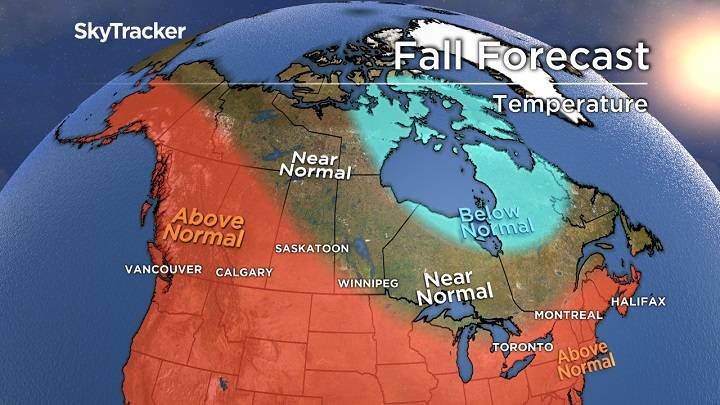Climate change is having devastating effects across the globe, but it could have one positive impact for the economy of Churchill.

The community’s port connects Churchill to the rest of the world via its shipping routes.
That port was shut down by its former owner, Omnitrax July 2016. However, this past August a group of businesses and a consortium of First Nations banded together under the name Arctic Gateway Group to purchase the Hudson Bay rail line and the port.
That group says the viability of the port is now better than ever.
“The rail line and the port have been dramatically underutilized by the previous owners, falling into disrepair and rendering the critical service and the asset unusable,” Murad Al-Katib, the President and Chief Executive Officer of AGT Foods, one of the partners of the Arctic Gateway Group said.
Al-Katib says the group is looking to develop the port because they see the potential.
“It we look at it the Northwest Passage offers 7,000 km shortcut from New Jersey to Shanghai. Churchill is the only commercial deep-water port in northern Canada,” he said.
With the ice on the Hudson Bay not forming as quickly and melting in the spring faster, Al-Katib says it extends the port’s season.
“When we look at the future, we believe the Arctic Gateway will develop, ice breakers will break the ice, foreign vessels in the northwest passage will cement Canada’s claim to sovereignty … the completion of the Hudson’s Bay railway and the first trains coming in will be the first of many.”

Get daily National news
With the first train arriving in Churchill on Wednesday since the spring of 2017 when storms damaged the rail line, it’s the first step in getting the port fully operational again.
According to Global News Chief Meteorologist Anthony Farnell, this fall is cooler than normal.
Farnell’s forecast says summer was unusually cool for the eastern Arctic and areas adjacent to Hudson Bay and that this was welcome news for an area that has seen abnormally warm summers in the past few years. That cooler-than-normal trend looks to continue this fall, which would mean an early freeze and snow.
But in the long-term, it’s going to continue to get warmer in Churchill, according to Danny Blair, Co-Director of the Prairie Climate Centre at the University of Winnipeg.
Blair is worried about the impacts of climate change on the community.
“There aren’t very many places in the world that will see dramatic changes like that. Churchill is on the front lines of climate change,” he said.
Online you can see an interactive map that shows the temperature for different areas of the world over time due to climate change.

Blair said Churchill is going to see a drastic decline in the number of cold days.
“In an average year, in an average winter in Churchill they get about seven weeks of -30 C weather. The climate models tell us in the future they’re not going to have anything like that,” he said. “Near the end of this century Churchill will have four or five -30 C in the winters.”









Comments